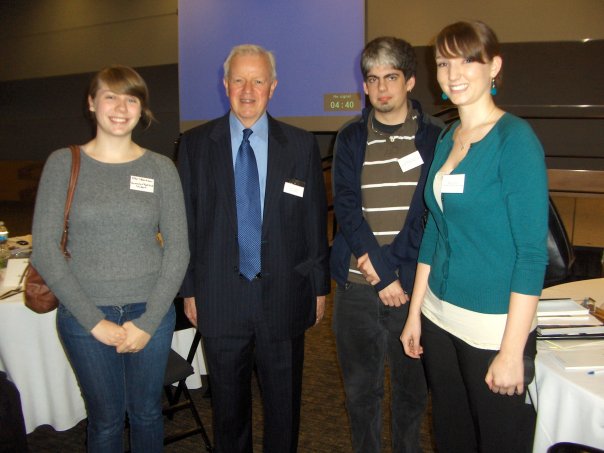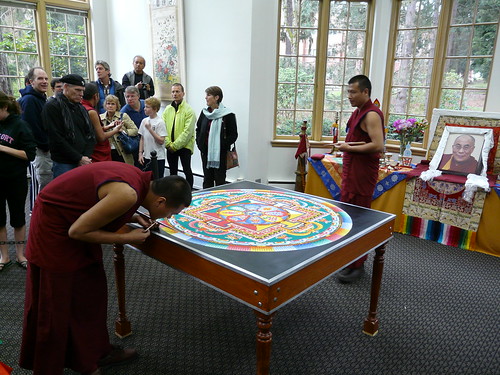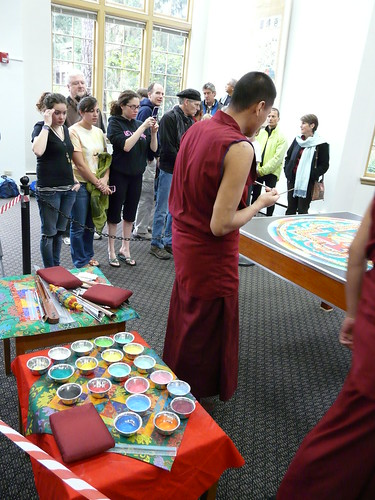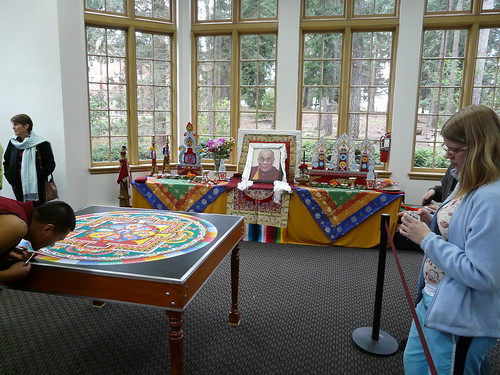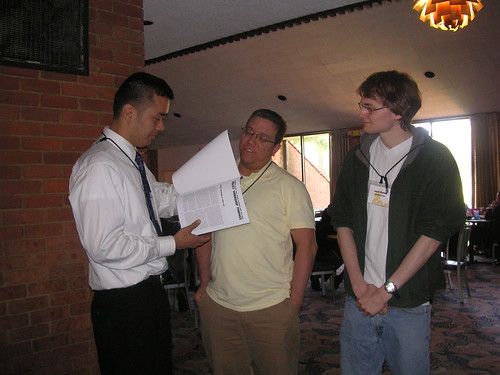You may have seen this editorial in the NYT yesterday; a few excerpts below. Thoughts? One response can be found here.April 27, 2009
Op-Ed Contributor
End the University as We Know It
By MARK C. TAYLOR
...If American higher education is to thrive in the 21st century, colleges and universities, like Wall Street and Detroit, must be rigorously regulated and completely restructured. The long process to make higher learning more agile, adaptive and imaginative can begin with six major steps:
1. Restructure the curriculum, beginning with graduate programs and proceeding as quickly as possible to undergraduate programs. The division-of-labor model of separate departments is obsolete and must be replaced with a curriculum structured like a web or complex adaptive network. Responsible teaching and scholarship must become cross-disciplinary and cross-cultural.
Just a few weeks ago, I attended a meeting of political scientists who had gathered to discuss why international relations theory had never considered the role of religion in society. Given the state of the world today, this is a significant oversight. There can be no adequate understanding of the most important issues we face when disciplines are cloistered from one another and operate on their own premises.
It would be far more effective to bring together people working on questions of religion, politics, history, economics, anthropology, sociology, literature, art, religion and philosophy to engage in comparative analysis of common problems. As the curriculum is restructured, fields of inquiry and methods of investigation will be transformed.
2. Abolish permanent departments, even for undergraduate education, and create problem-focused programs. These constantly evolving programs would have sunset clauses, and every seven years each one should be evaluated and either abolished, continued or significantly changed. It is possible to imagine a broad range of topics around which such zones of inquiry could be organized: Mind, Body, Law, Information, Networks, Language, Space, Time, Media, Money, Life and Water.
3. Increase collaboration among institutions. All institutions do not need to do all things and technology makes it possible for schools to form partnerships to share students and faculty. Institutions will be able to expand while contracting. Let one college have a strong department in French, for example, and the other a strong department in German; through teleconferencing and the Internet both subjects can be taught at both places with half the staff. With these tools, I have already team-taught semester-long seminars in real time at the Universities of Helsinki and Melbourne.
4. Transform the traditional dissertation. ...For many years, I have taught undergraduate courses in which students do not write traditional papers but develop analytic treatments in formats from hypertext and Web sites to films and video games. Graduate students should likewise be encouraged to produce “theses” in alternative formats....
6. Impose mandatory retirement and abolish tenure.



